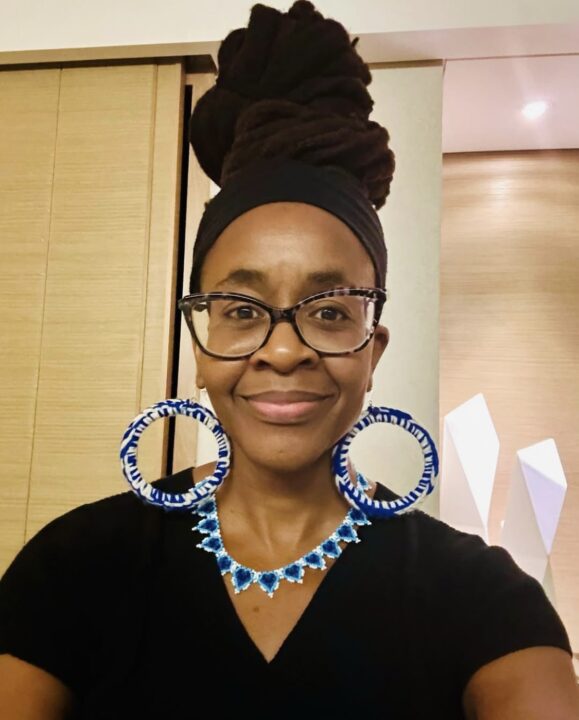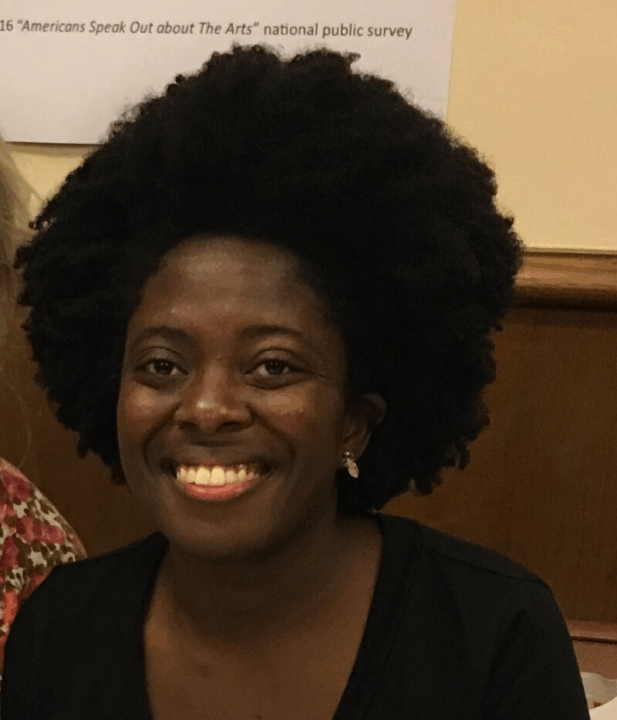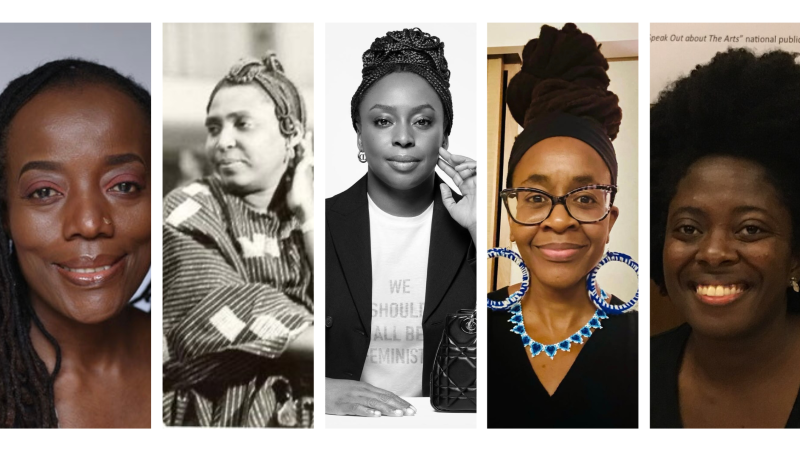Literature offers profound insights into human resilience, identity, and social transformation. This post spotlights five influential Black female authors whose narratives transcend geography to inform leadership practice. Through award‑winning novels and essays, these writers illuminate feminist advocacy, postcolonial realities, and speculative futures, providing a rich literature of leadership inspiration.
Author Profiles
Chimamanda Ngozi Adichie
Chimamanda Ngozi Adichie is a Nigerian novelist and essayist celebrated for her incisive explorations of identity, gender, and diaspora in works such as Americanah, We Should All Be Feminists and Half of a Yellow Sun. Half of a Yellow Sun sold over 187,000 copies and won the Orange Broadband Prize for Fiction in 2007. Her essay “We Should All Be Feminists” has become a global manifesto on gender equality through its adaptation into TEDx talks and educational curricula. In 2019, she received the United Nations Global Leadership Award for using literature and storytelling to connect across cultures on issues of gender and racial equality.

Source: Instagram
Mariama Bâ
Mariama Bâ, a pioneering Senegalese writer, authored the epistolary novella So Long a Letter—a foundational text in African feminist literature. Published in 1979, it won the inaugural Noma Award for Publishing in Africa in 1980. Through the protagonist Ramatoulaye’s letters, Bâ critiques polygamy and advocates for women’s education and economic independence in postcolonial Senegal. Her nuanced fusion of Islamic traditions and feminist consciousness continues to inspire scholarly discourse on gender and culture.

Source: Wikipedia
Tsitsi Dangarembga
Zimbabwean author and activist Tsitsi Dangarembga broke ground with her debut novel Nervous Conditions—the first English‑language novel by a Black Zimbabwean woman—and winner of the 1989 Commonwealth Writers’ Prize, Africa section. As the first installment of a trilogy (followed by The Book of Not and This Mournable Body), the novel examines race, colonialism, and gender through narrator Tambu’s struggle for education in 1960s Rhodesia. Beyond literature, Dangarembga leads the Institute of Creative Arts for Progress in Africa Trust and was awarded the Alice and Clifford Spendlove Prize for Social Justice, Diplomacy, and Tolerance in 2024.

Source: UCMERCED
Nnedi Okorafor
Nnedi Okorafor is a Nigerian‑born, U.S.‑based writer prominent in African Futurism and speculative fiction. Her novel Who Fears Death (2010) was nominated for the Nebula Award and won the World Fantasy Award for Best Novel. She has earned Hugo, Nebula, Locus, and Lodestar Awards for works like the Binti novella trilogy and Akata Witch. Okorafor leverages mythology and postcolonial critique to address themes of genocide, gender oppression, and cultural resilience.

Source: Instagram
Yaa Gyasi
Ghanaian‑American novelist Yaa Gyasi debuted with Homegoing in 2016, which was named one of the New York Times’ 100 Notable Books of 2016 and won the National Book Critics Circle’s John Leonard Prize for best first book. Tracing two half‑sisters and their descendants across eight generations, Homegoing examines the legacies of slavery and diaspora with lyrical precision. Gyasi’s work underscores the power of intergenerational narratives to foster collective empathy and strategic foresight.

Source: Wikipedia
Common Themes & Leadership Lessons
Across these five authors, several unifying themes emerge:
- Feminist Advocacy & Agency: From Bâ’s challenge to patriarchal norms to Adichie’s global feminist essays, each writer foregrounds women’s voices.
- Leadership Lesson: Encourage diverse perspectives and empower stakeholders to lead authentically.
- Leadership Lesson: Encourage diverse perspectives and empower stakeholders to lead authentically.
- Narrative Power & Cultural Intelligence: Dangarembga and Gyasi use storytelling to bridge cultural divides and historical contexts.
- Leadership Lesson: Use narrative for strategic visioning and to cultivate empathy across teams.
- Leadership Lesson: Use narrative for strategic visioning and to cultivate empathy across teams.
- Resilience & Transformation: Okorafor’s speculative worlds and Adichie’s diaspora narratives highlight adaptability in adversity.
- Leadership Lesson: Foster resilience by framing challenges as opportunities for innovation.
- Leadership Lesson: Foster resilience by framing challenges as opportunities for innovation.
- Decolonial Perspectives: Bâ, Dangarembga, and Okorafor interrogate colonial legacies.
- Leadership Lesson: Question inherited paradigms and lead cultural change toward equity and inclusion.
- Leadership Lesson: Question inherited paradigms and lead cultural change toward equity and inclusion.
- Empathy as Strategy: Gyasi’s multigenerational sagas demonstrate empathy’s role in understanding systemic issues.
- Leadership Lesson: Ground decisions in empathy to build trust and long‑term relationships.
These influential Black women writers exemplify how literature can inspire transformative leadership. Their works offer blueprints for empathy, resilience, cultural insight, and key competencies for today’s C‑suite.

Anand Subramanian is a freelance photographer and content writer based out of Tamil Nadu, India. Having a background in Engineering always made him curious about life on the other side of the spectrum. He leapt forward towards the Photography life and never looked back. Specializing in Documentary and Portrait photography gave him an up-close and personal view into the complexities of human beings and those experiences helped him branch out from visual to words. Today he is mentoring passionate photographers and writing about the different dimensions of the art world.





